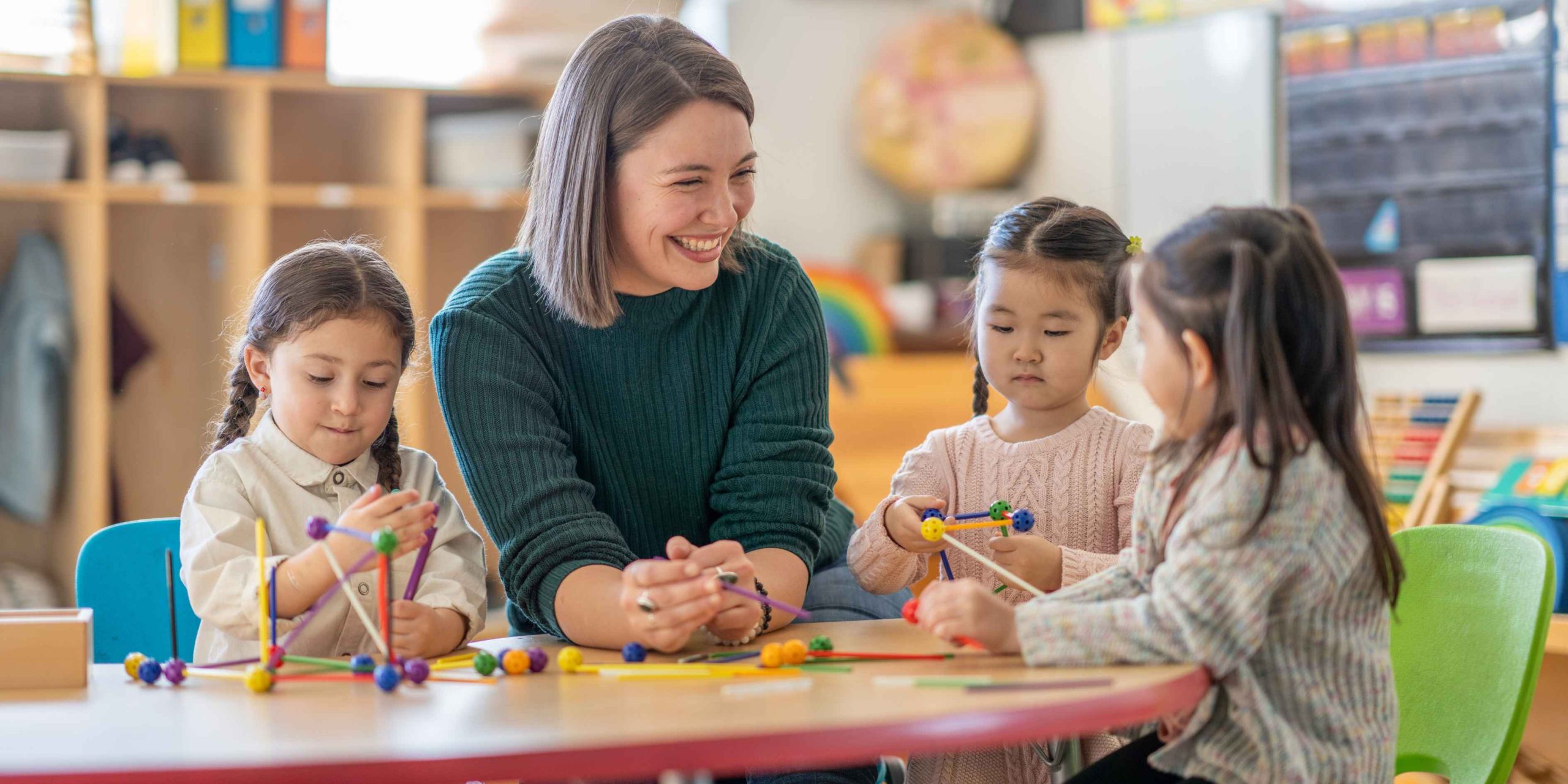Professional Development For Schools
Delivering Professional Development for Teachers in ACT
Building Safe and Supportive Classrooms: A Trauma-Informed Professional Development Program at school in ACT
At Umbrella Counselling, we recognise that the emotional and psychological well-being of both students and educators plays a critical role in creating a thriving learning environment. That’s why we were thrilled to have the chance to work with educational staff at the High School in Canberra at the start of their school year in January 2025. This hands-on workshop focused on how educators and all school staff can apply scientific insights from neuroscience and somatic practices to foster safe, supportive, and challenging learning environments.

Empowering Educators with Knowledge and Tools for Trauma-Informed Practice
The primary goal of this professional development program was to help educators understand the impact of trauma on the brain, both for students and for themselves. In a world where many students come to school with significant emotional and psychological challenges, it’s essential that educators are equipped with the knowledge and tools to create spaces that support their well-being while maintaining academic rigor.
By focusing on both neuroscience and somatic practices, we aimed to bridge the gap between science and practical classroom strategies. The program also emphasized the importance of self-awareness and reflection— encouraging educators to examine their own well-being and understand how it influences their teaching.
Key Topics Covered in the Workshop
Throughout the program, we explored the powerful connection between the brain, body, and emotions, focusing on how trauma impacts learning and classroom dynamics.
Understanding the Neuroscience of Trauma
How traumatic experiences alter brain function, and how these changes can affect student behavior, memory, and learning capacity.

Somatic Practices for the Classroom
Techniques that help regulate the nervous system, reduce stress, and promote emotional safety for both students and educators. This includes mindfulness exercises, grounding techniques, and breathwork practices.
Creating Safe and Supportive Classrooms
Practical strategies for designing environments that promote safety, connection, and academic challenge. This includes understanding trauma responses and creating routines and structures that support students’ needs.
Self-Reflection for Educators
Encouraging educators to reflect on their own emotional and physical states, so they can remain grounded and present for their students. This includes addressing educator well-being as a vital component of sustainable teaching practices.
A Practical and Experiential Learning Approach
This workshop was not just about learning concepts—it was about feeling the concepts in action. We asked school staff to experience, firsthand, what it feels like to be a student in their classroom, especially for those students who may be experiencing trauma. By putting themselves in their students’ shoes, educators were able to develop a deeper sense of empathy and a clearer understanding of the challenges their students face on a daily basis.
In addition to these experiential activities, the workshop was highly practical. Teachers and staff had the opportunity to:

Engage in Somatic Practices
Experience mindfulness, grounding exercises, and other techniques that can be directly applied to their classrooms.

Collaborate in Small Groups
Work with colleagues to discuss strategies and brainstorm ways to integrate trauma-informed practices into everyday teaching routines.

Reflect and Share
Participate in self-reflection exercises that encouraged educators to evaluate their own emotional states, identify potential triggers, and develop personal coping strategies.


The Impact: A More Compassionate and Effective School Environment
The feedback from participants was overwhelmingly positive. Educators reported feeling more connected to their students and better equipped to handle challenging behaviors and emotional needs. Many noted that the emphasis on self-care and self-reflection helped them recognize the importance of their own well-being, which directly impacts their ability to be effective, compassionate teachers.
Administrators saw the benefit of trauma-informed practices not only in terms of improved student behavior but also in creating a school-wide culture of empathy and support. The understanding of how trauma impacts learning led to more inclusive practices and a stronger sense of community among staff and students alike.
Ongoing Support: Continuing the Journey of Trauma-Informed Practice
While the professional development program itself was a transformative experience, we know that implementing trauma-informed practices is an ongoing journey. To ensure lasting impact, we offer continued support:

Followup sessions
These offered a chance for staff to check in on their progress, share successes, and troubleshoot challenges they encountered while implementing the practices.

Peer Support Groups
Educators were encouraged to create support networks among themselves to share resources, exchange ideas, and continue learning from each other.

Resource Materials
We provided educators with a variety of tools, handouts, and references that they could refer to as they continue to refine their trauma-informed teaching strategies.


Conclusion: Creating a Trauma-Informed School Culture
The trauma-informed teaching program in education in ACT is a testament to the power of education that prioritises both academic achievement and emotional well-being. By equipping educators with a deeper understanding of how trauma affects the brain and providing them with practical, evidence-based strategies, we can create classrooms where all students feel safe, supported, and challenged.
At Umbrella Counselling, we are committed to continuing to support schools in building environments that nurture both the minds and hearts of educators and students. We look forward to helping more schools like develop trauma-informed practices that create lasting, positive change.
